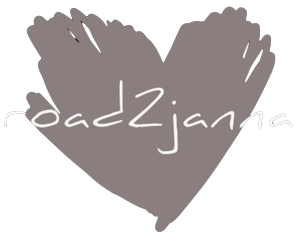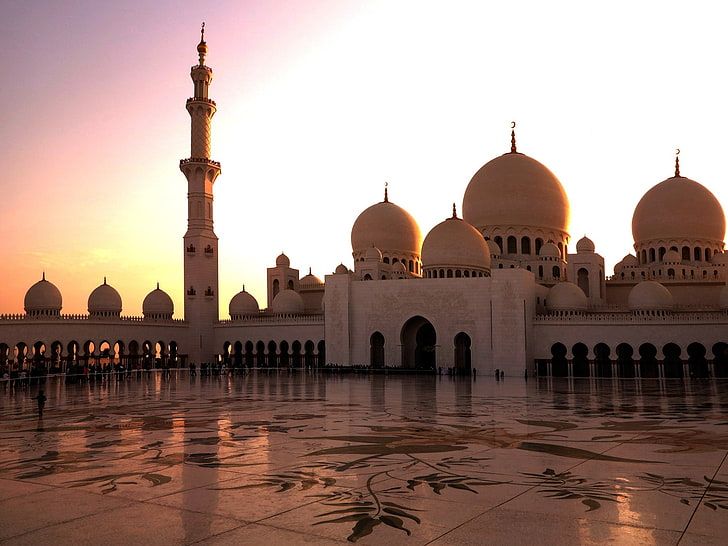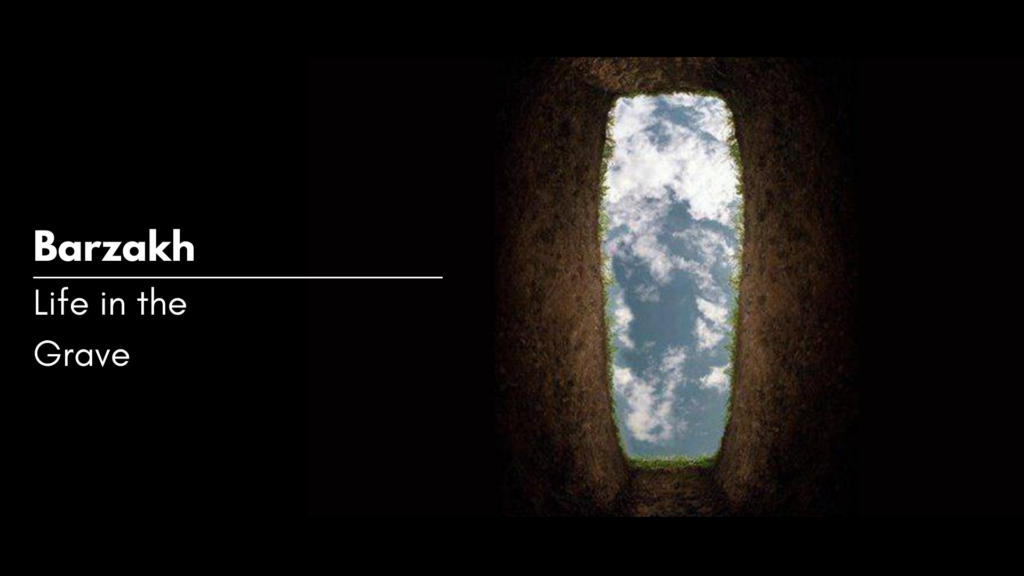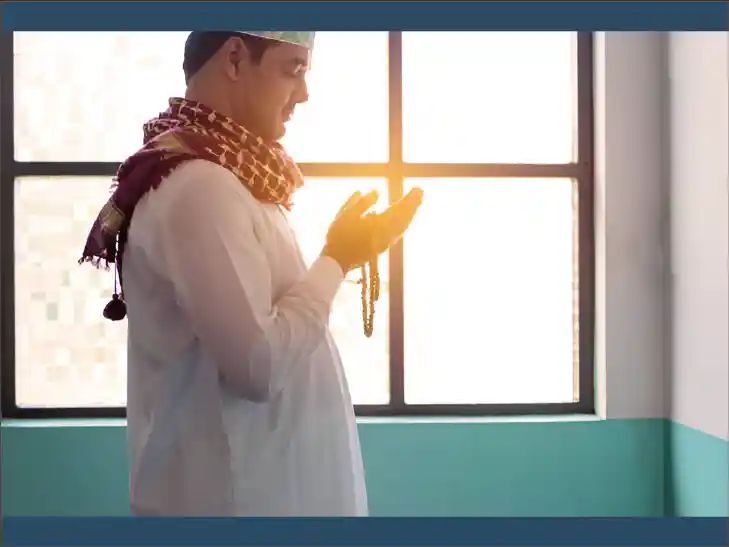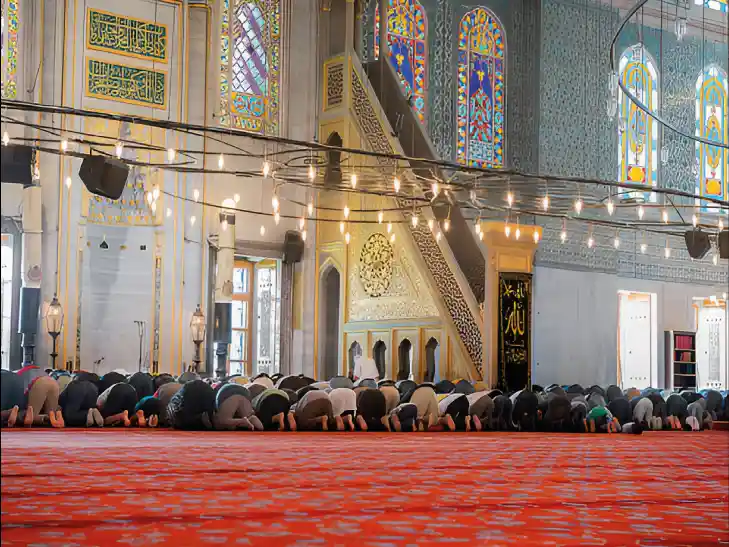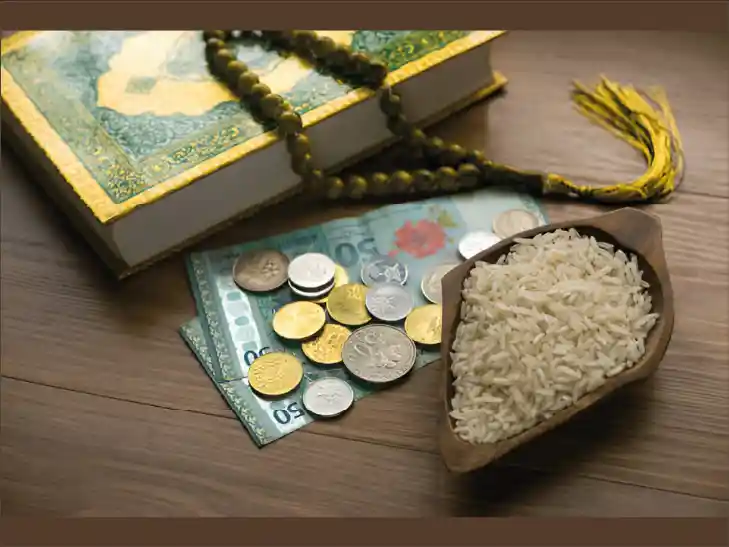Making Peace With Unfulfilled Duas: Why We Must Never Stop Supplicating
Dua is the act of asking Allah for anything. The moment we wish for something from Allah, whether we spell it out to Him or whisper it in our hearts, it naturally reaches the Al-mighty and becomes a dua. It is something most of us do all the time. However, the issue arises when waiting for said dua to be fulfilled by Allah.
How Allah responds to our Duas
Waiting for Allah to accept our dua can be exhausting. We pray night and day, in tears and despair, for a wish to be fulfilled. Here, we are making dua with the firm belief that nothing is beyond the scope of Allah, but desperation may cause some doubts to arise in our minds. “I am asking for so little; why can not He just fulfil my dua? Is He punishing me for something? I am praying for something good, so why is there no answer yet?” – These thoughts are the first push in the domino effect that might result in an unimaginable distance between the once close servant and Master. As a matter of fact, first, we have to understand the answer Allah has to any rightful du’a we make. It is said in an authentic hadith from Musnad Ahmad that Allah (SWT) has one of three responses when His servant makes a dua to Him,
- He will quickly fulfil his supplication,
- He will store it for him in the Hereafter or
- He will divert an evil from him similar to it.
Here, we can see that our duas are never rejected but answered in a way Allah knows to be the most befitting for our situation. Sadly, we seldom keep the last two responses in mind and woefully distance ourselves from Allah when something does not go according to our plan. I will share a little story of my own on this matter.
When a Du’a Is Not Fulfilled The Way We Wish It To
My family had three cats that lived with us. One of these cats loved hanging around us, always looking for our attention and being playful. She was kind enough not to bite us even after constantly being smothered. But as fate would have it, she was diagnosed with a kidney disease, and after weeks of suffering, she quietly passed away one night. I was already going through a hard time, and with my cat’s death, it felt like the worst moment of my life. I couldn’t help but wonder, “What was the point of all the du’a I made? What was the point of the Tahajjud prayers to cure my cat? Why did she have to suffer like this? If Allah controls the universe, curing my cat would be nothing for Him, then just why? Was it that hard fulfilling my one du’a? If he can make anything happen, why was my cat not with me anymore?”
These questions culminated in me stopping to make du’a altogether. I became inconsistent with my Salah, started showing arrogance with God, and believed with a cold heart that making any du’a is pointless, as at the end of the day, my du’a will not be answered, and things will happen just as they were supposed to.
This blow to my faith created a gaping wound in my heart, and it took a long time to heal it. After months of performing salah reluctantly and heedlessly, my perspective around du’a slowly changed. I steadily made peace with the fact that sometimes, we can make an infinite amount of dua for something, but while we make that dua, we must keep in mind that Allah is the only one who sees, knows and hears all things known and unknown. Therefore, even with all our Tahajjud prayers, sometimes a du’a might not be fulfilled as we want.
But this does not mean du’a don’t get answered. Whenever Allah does not fulfil a specific wish of ours the way we want it to, it just means this particular thing was meant to happen as it did. Just because it couldn’t change the course of the act does not make the dua pointless.
Understanding The Importance Of The Latter Two Responses
Whether we admit it or not, it is a given that our life is filled with sins. Be it minor or major sins, it is almost impossible for us to steer clear of all the prohibited acts completely. Sometimes, we get so used to these acts that we do not even remember to ask for forgiveness from our Creator. However, Allah understands our nature better than anyone. Therefore, Allah, being Al-Karim (the Bountiful one), is keeping some of these du’as that we make from the bottom of our hearts safe for the Hereafter, as these du’as will increase our scale of good deeds on the Day of Judgement.
The third response Allah gives is the blessing we probably overlook the most. Allah is Al-Khabir, the All-Aware one. He knows exactly when and what kind of harm is meant to come our way. Allah uses our du’as to save us from these dangers, and we probably won’t even notice it sometimes. Maybe someone got into a terrible accident but came out of it unscathed. Maybe someone did not get into their dream university, but going there would make them a part of the wrong crowd. Maybe someone did not get that promotion they worked so hard for, but it saved them from working in a horrible environment.
This is them being saved from very damaging circumstances because of the dua’s they made. While a person thinks their du’as are not being answered, these du’as are actually protecting them.
Therefore, it is for our benefit, in this world and the next, that we must never stop supplicating to Allah. It is a privilege that we have the guidance to ask Allah for anything and everything, and we should try our best to make the most of this blessing.
